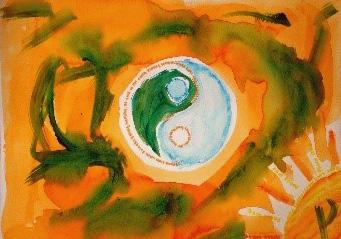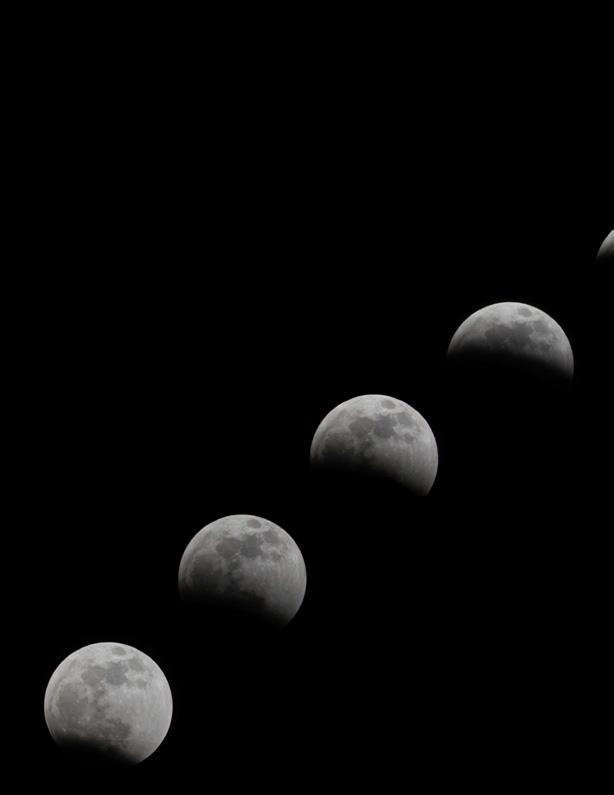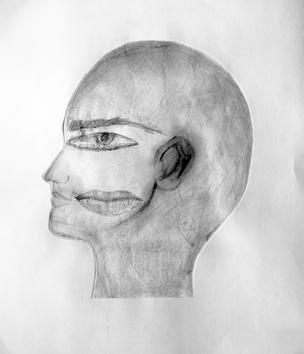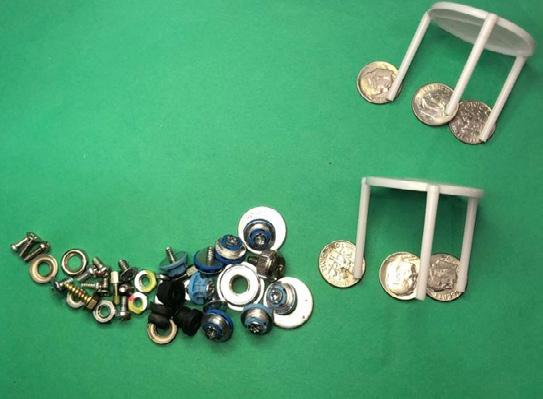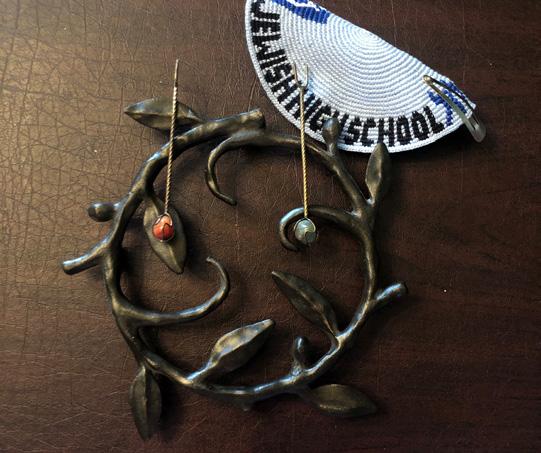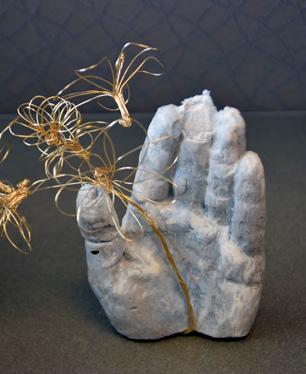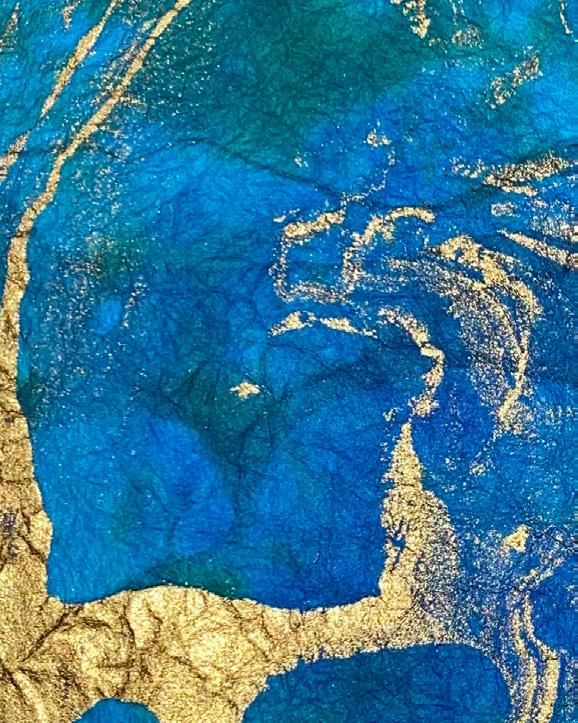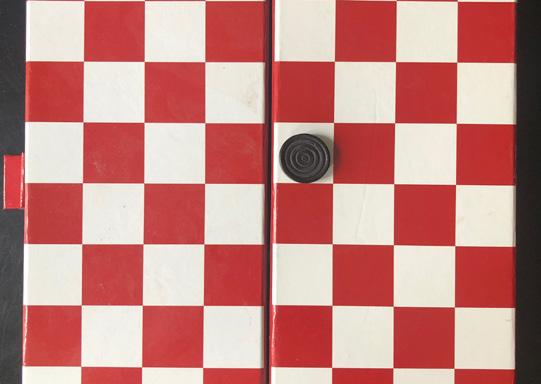Discovering Faith During Elul Sean Dreifuss, RZJHS 2020
Elul is a liminal month. Occurring around August and September, Elul marks the months in which we transition from summer vacation into the routine academics each year: an emotionally difficult time for many of us. Judaically, this month marks the mental preparation for the High Holidays of Rosh Hashanah and Yom Kippur. Listening to the shofar blasts each day allows us to move our minds toward fundamental introspection. We ask ourselves: “Who am I? How has my character over the past year reflecting who I am? How do I want to better myself in my relationships with God and fellow humans?” These essential questions cannot be answered alone during the many hours spent in shul on the High Holidays, which is why the month of Elul proves so integral to preparing us for these days. We want to enter shul with a mental agenda, ready to seek spiritual rejuvenation and 24
self-improvement. Most importantly, we should strive to strengthen our relationships with others and God, a most difficult task. After hearing the shofar, we recite “l’david hashem uri,” Psalm 27 — often referred to as the Psalm for the Days of Awe. In the penultimate verse of the Psalm, we recite, “Lulei heemanti lirot b’tuv Hashem, b’eretz chayim.” “If I had not believed to look upon the goodness of God in the land of the living.” The word lulei is not a typical word. However, one way to read this line of lulei heemanti is backwards. Lulei ( )לולאbackwards is aleph, lamed, vav, lamed, or Elul ()אלול. The second word — heemanti means my faith. Going off this reading, Elul is a time of reflecting on our faith, which has been the theme in our senior Modern Jewish Thought class. See Dreifuss, next page



